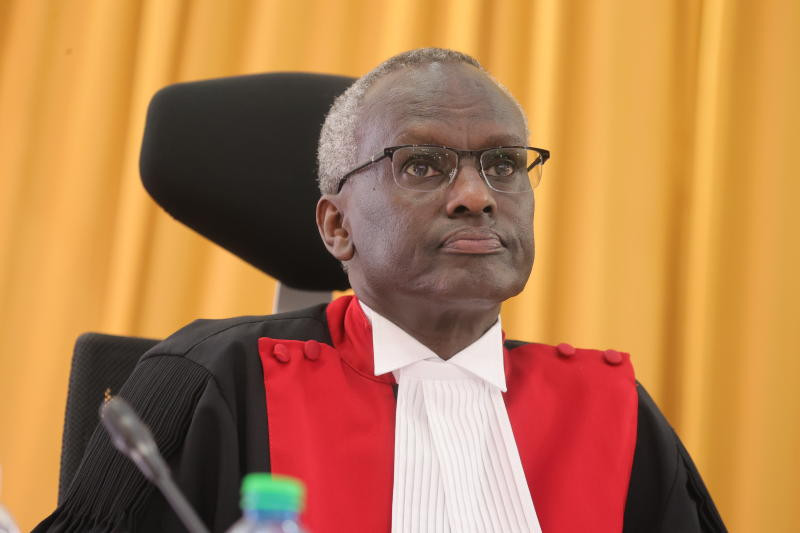×
The Standard e-Paper
Home To Bold Columnists

The Supreme Court said on Thursday that IEBC complied with orders directing the commission to grant presidential petitioner Raila Odinga's team access to its servers.
This was after Philip Murgor, a lawyer representing Odinga and his co-petitioner Martha Karua, said on Thursday morning, September 1, that the electoral agency had not fully complied with the court's orders.